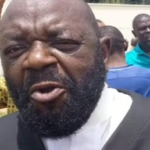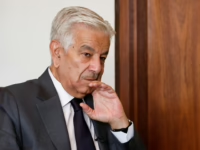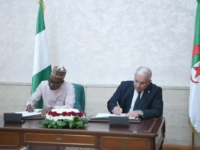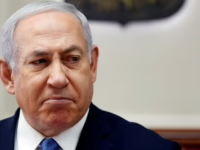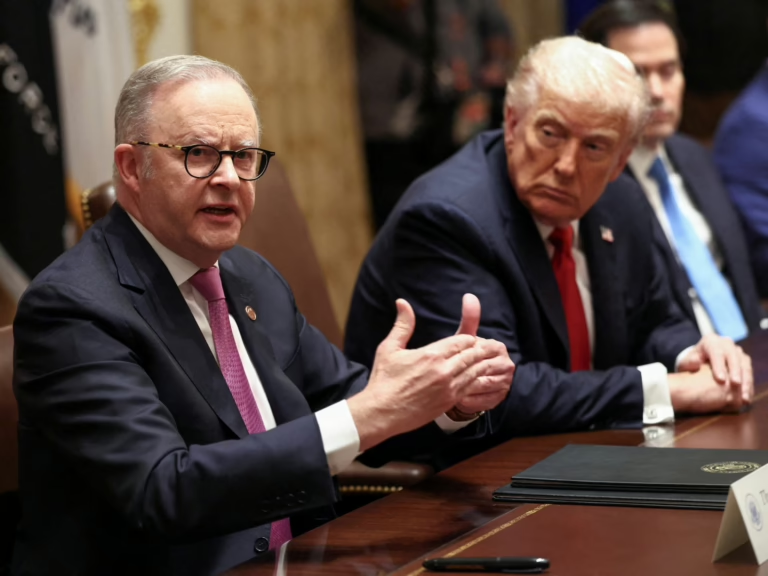US President Donald Trump revealed that the agreement was the result of negotiations spanning four to five months.
Published On 20 Oct 2025
In a significant move amid China’s increasing dominance over the global rare earth minerals market, US President Donald Trump and Australian Prime Minister Anthony Albanese formalized a strategic partnership focused on rare earth and critical minerals. The signing took place at the White House on Monday.
Trump highlighted that the pact was the culmination of four to five months of detailed discussions. Beyond minerals, the leaders intend to explore cooperation on trade, submarine technology, and defense equipment.
Albanese characterized the initiative as an $8.5 billion pipeline project poised for immediate implementation. While the full details remain under wraps, both leaders confirmed that the agreement includes collaborative efforts in mineral processing. Each nation has committed billion over the next six months to fund joint ventures.
According to data from the US Geological Survey, China holds the largest reserves of rare earth elements globally, but Australia also possesses substantial deposits, positioning both countries as key players in this sector.
Additionally, discussions are set to revisit the $239.4 billion deal brokered in 2023 under former President Joe Biden, which involves Australia acquiring US nuclear-powered submarines by 2032 and subsequently developing a new class of submarines in partnership with the United Kingdom.
US Navy Secretary John Phelan noted that the US and Australia are actively refining the original trilateral framework to eliminate ambiguities and strengthen cooperation among the three nations. Trump downplayed these adjustments as minor, emphasizing that the project is moving forward at full speed.
Australian Defence Minister Richard Marles expressed confidence in the agreement’s progress, indicating clarity on the timeline for the ongoing review.
China’s Restrictions on Rare Earth Exports
Prior to the leaders’ meeting, Australian officials underscored Canberra’s active role within AUKUS, the trilateral security alliance between the US, Australia, and the UK. Australia has pledged $2 billion this year to enhance production capabilities at US submarine shipyards and is preparing to service US Virginia-class submarines at its Indian Ocean naval base starting in 2027.
The nearly year-long gap since Trump assumed office has stirred some unease in Australia, especially as the Pentagon has urged increased defense spending. The two leaders had a brief encounter last month during the United Nations General Assembly in New York.
Australia is open to offering stakes in its planned strategic reserve of critical minerals to allies such as the UK, as Western nations seek to reduce their dependence on China for rare earths and other essential metals.
US officials recently condemned China’s expanded export restrictions on rare earths, warning that such measures threaten the stability of global supply chains. China remains the dominant producer of these materials, which are crucial for manufacturing everything from electric cars to advanced military radar systems.
Resource-rich Australia aims to boost both extraction and processing of rare earths domestically and proposed preferential access to its strategic mineral reserves during US trade talks in April.



